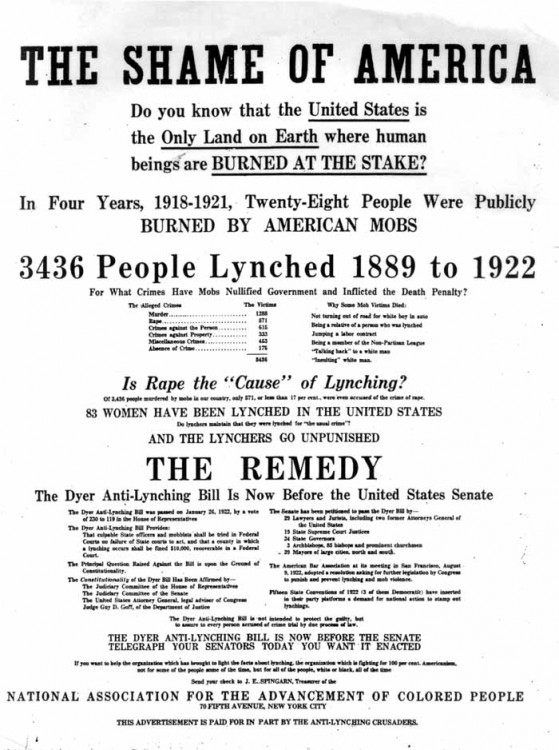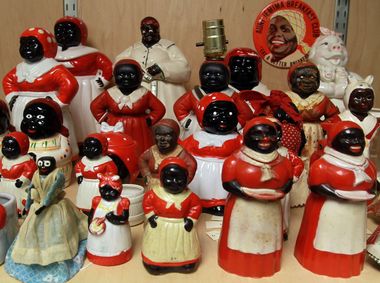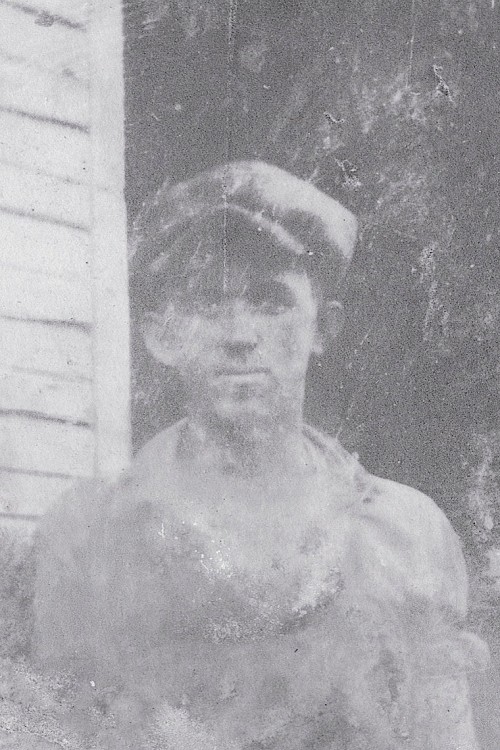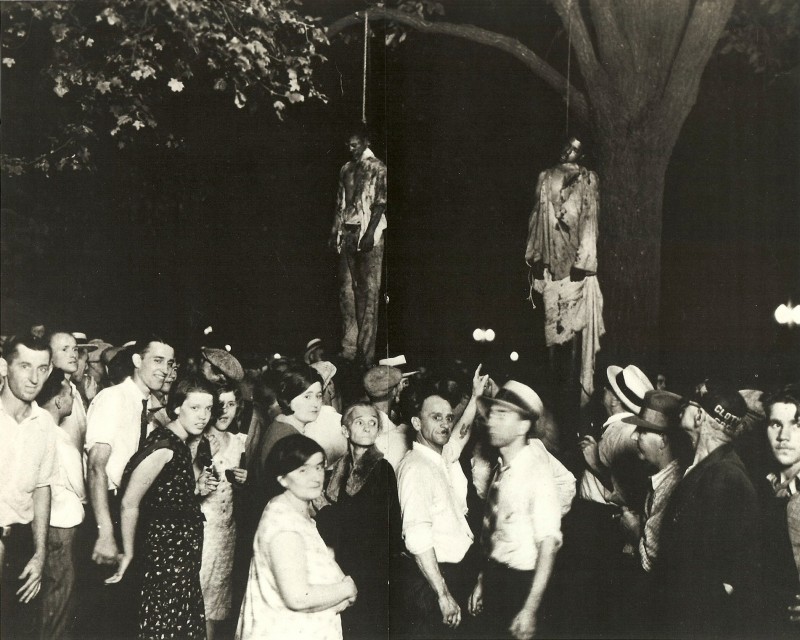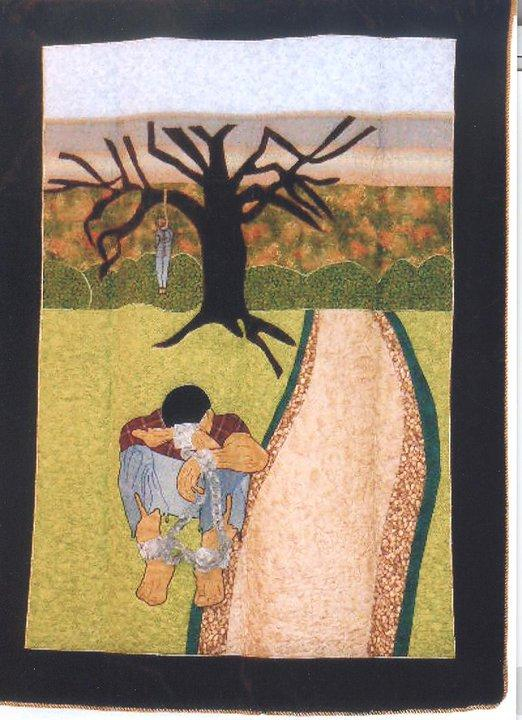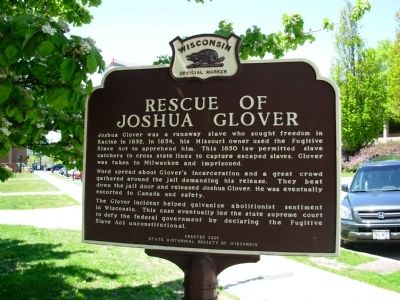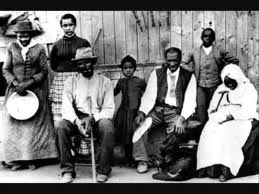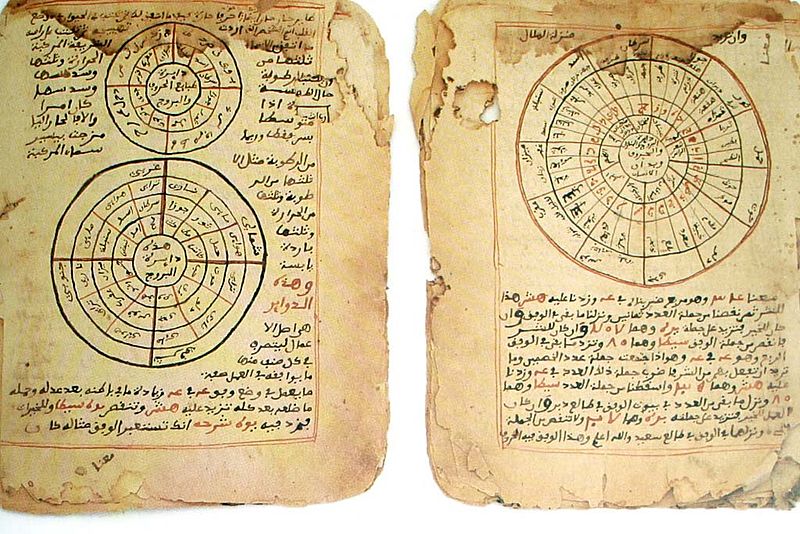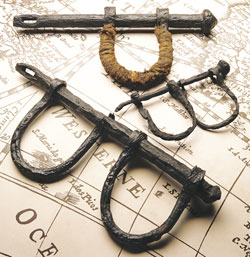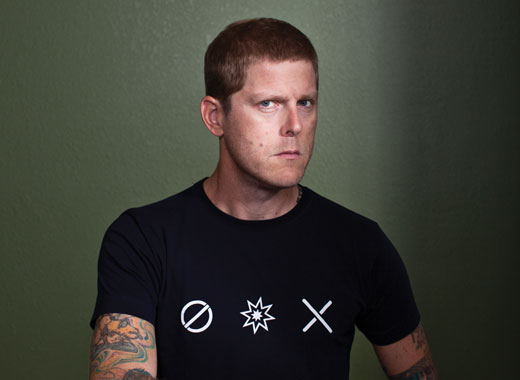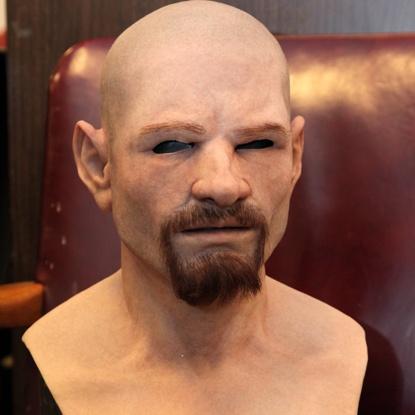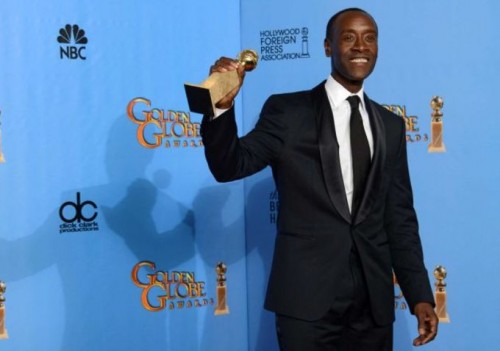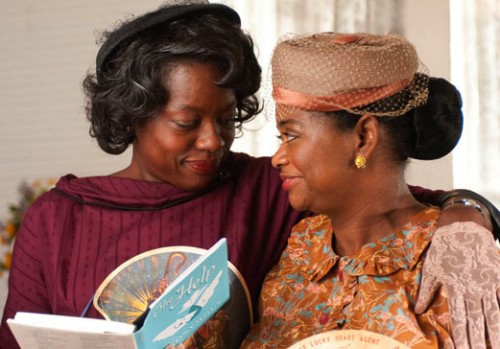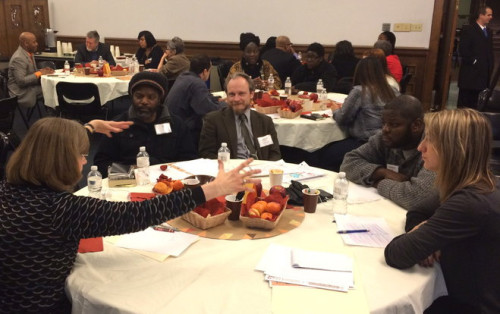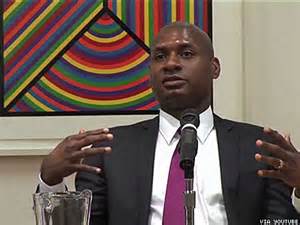Race
Explore Our Online Exhibits
Breaking News
Worldwide Community Events
Week 1
- Sun 1
- Mon 2
- Tue 3
- Wed 4
- Thu 5
- Fri 6
- Sat 7
- Sun 8
- Mon 9
- Tue 10
- Wed 11
- Thu 12
- Fri 13
- Sat 14
- Sun 15
- Mon 16
- Tue 17
- Wed 18
- Thu 19
- Fri 20
- Sat 21
- Sun 22
- Mon 23
- Tue 24
- Wed 25
- Thu 26
- Fri 27
- Sat 28
-
01February

Milwaukee Museum Days, 25% Off Admission
Throughout Milwaukee, WI01February
30th Annual Hilton Head Island Gullah Celebration
Hilton Head Island -
02February

30th Annual Hilton Head Island Gullah Celebration
Hilton Head Island -
03February

30th Annual Hilton Head Island Gullah Celebration
Hilton Head Island -
04February

ABHM Discounted Tours
ABHM in Milwaukee, WI04February
30th Annual Hilton Head Island Gullah Celebration
Hilton Head Island -
05February

30th Annual Hilton Head Island Gullah Celebration
Hilton Head Island -
06February

30th Annual Hilton Head Island Gullah Celebration
Hilton Head Island -
07February

Pan African Film & Arts Festival 2026
LA & Culver City, CA07February
30th Annual Hilton Head Island Gullah Celebration
Hilton Head Island07February 10:00 AM - 3:00 PM
10:00 AM - 3:00 PMCelebration of Black Innovators in Science at Discovery World
Discovery World Museum Milwaukee07February 2:00 PM - 4:30 PM
2:00 PM - 4:30 PMBlack History Month Challenge Kickoff: ABHM @ MPL
Milwaukee Public Library, MLK Branch -
08February

Pan African Film & Arts Festival 2026
LA & Culver City, CA08February
30th Annual Hilton Head Island Gullah Celebration
Hilton Head Island -
09February

Pan African Film & Arts Festival 2026
LA & Culver City, CA09February
30th Annual Hilton Head Island Gullah Celebration
Hilton Head Island -
10February

Pan African Film & Arts Festival 2026
LA & Culver City, CA10February
30th Annual Hilton Head Island Gullah Celebration
Hilton Head Island -
11February

ABHM Discounted Tours
ABHM in Milwaukee, WI11February
Pan African Film & Arts Festival 2026
LA & Culver City, CA11February
30th Annual Hilton Head Island Gullah Celebration
Hilton Head Island -
12February

Pan African Film & Arts Festival 2026
LA & Culver City, CA12February
30th Annual Hilton Head Island Gullah Celebration
Hilton Head Island12February
-
13February

Pan African Film & Arts Festival 2026
LA & Culver City, CA13February
30th Annual Hilton Head Island Gullah Celebration
Hilton Head Island -
14February

Pan African Film & Arts Festival 2026
LA & Culver City, CA14February
30th Annual Hilton Head Island Gullah Celebration
Hilton Head Island -
15February

Pan African Film & Arts Festival 2026
LA & Culver City, CA15February
30th Annual Hilton Head Island Gullah Celebration
Hilton Head Island -
16February

Pan African Film & Arts Festival 2026
LA & Culver City, CA16February
30th Annual Hilton Head Island Gullah Celebration
Hilton Head Island -
17February

30th Annual Hilton Head Island Gullah Celebration
Hilton Head Island -
18February

ABHM Discounted Tours
ABHM in Milwaukee, WI18February
30th Annual Hilton Head Island Gullah Celebration
Hilton Head Island -
19February

30th Annual Hilton Head Island Gullah Celebration
Hilton Head Island -
20February
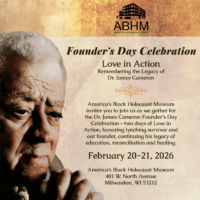
Founder’s Day Celebration
ABHM in Milwaukee, WI20February
30th Annual Hilton Head Island Gullah Celebration
Hilton Head Island -
21February

Founder’s Day Celebration
ABHM in Milwaukee, WI21February
30th Annual Hilton Head Island Gullah Celebration
Hilton Head Island21February
-
22February

30th Annual Hilton Head Island Gullah Celebration
Hilton Head Island -
23February

30th Annual Hilton Head Island Gullah Celebration
Hilton Head Island -
24February

30th Annual Hilton Head Island Gullah Celebration
Hilton Head Island -
25February

ABHM Discounted Tours
ABHM in Milwaukee, WI25February
30th Annual Hilton Head Island Gullah Celebration
Hilton Head Island25February 4:00 PM - 6:00 PM
4:00 PM - 6:00 PMMuseum of Me: Community Workshop with Milwaukee Repertory Theater
ABHM in Milwaukee, WI -
26February

30th Annual Hilton Head Island Gullah Celebration
Hilton Head Island -
27February

30th Annual Hilton Head Island Gullah Celebration
Hilton Head Island -
28February

30th Annual Hilton Head Island Gullah Celebration
Hilton Head Island28February
Share
The concept of race is important to America's Black Holocaust Museum because of its impact on the African diaspora. Race is a way of categorizing people by physical features–predominantly skin color. In much of the world, the white (caucasian) race is viewed more favorably than other races. The social construct has been used to justify kidnapping and enslaving African peoples and centuries of racism, including redlining, Jim Crow laws, anti-Black violence, and racial stereotypes about laziness, to give just a few examples.
While race-based arguments for inhumane treatment do not reflect biological reality, especially because someone can be of multiple races, members of the same race may share certain cultural and genetic characteristics. For example, the Black community is disproportionately impacted by Sickle Cell Disease. However, it is important to remember that commonalities between people of the same race do not indicate a genetic or biological component. Instead, racism contributes to environments in ways that can have serious and lasting impacts, especially on Black health and wealth. For example, redlining and lack of money led to many Black people living in areas with more pollution, and those in the medical field do not always provide the same service to Black patients, both of which can impact health.
Because of these inequalities, the Civil Rights Movement and other social, legal, and economic efforts for equality often specifically benefit Black people and other people of color. Race and its impact on the world have also been the topic of interdisciplinary study, and some artists specifically incorporate race--and racism--into their work. Furthermore, race can be a source of pride, sometimes in response to racism and negative stereotypes.
Three Black men have been found guilty of a robbery during which they wore white masks to hide their identities.
While Black actors have made some strides in Hollywood, they are not being cast in roles that do not have to be Black.
As long as people feel that racism is over and Hollywood depicts racial tropes, we must keep talking about race.
America’s Black Holocaust Museum hosted a frank discussion about race that attracted participants of many races.
U.S. Army regulations no longer allow the use of a term for Black people that many view as harmful and racist.
The constantly called-for “national conversation on race” is not some grand conclave. We need to stop calling for the it and realize that we are already in it. Charles Blow analyzes FBI Director James Comey’s recent speech re: 3 hard truths – history of law enforcement as oppression, unconscious racial bias and lazy thinking/cynicism by police.
When Lucy and Maria Aylmer tell people they are twins, disbelief is one response. While their other siblings have a blend of features from their parents, Lucy and Maria are opposites: Lucy has fair skin and red hair, while Maria has caramel skin and dark hair.
In a New York Times poll, nearly six in 10 Americans think race relations are generally bad; four in 10 think the situation is getting worse.
For more than 400 years, the economic, social, and political behavior of Americans has been shaped by ideas about “races” and racial differences. Where did these powerful ideas come from – and are they true? How have your ideas about racial differences been affected?
By Riley Wilson and Shantrelle P. Lewis, Colorlines.com In this point/counterpoint about Nate Parker’s buzzy directorial debut, two Black independent filmmakers wrestle with the notion of seeing more chains, whips and nooses on the big screen. Riley Wilson: “The Birth of a Nation” Didn’t Change the Game …On the one hand, we have a film written, directed, and starring a Black man that tells the story of an enslaved African-American by the name of Nat Turner who led the most successful slave rebellion in U.S. history. On the other hand, we have a film about slavery-again… …(I)f you consider the rapturous reviews of “The Birth of a Nation” and the popularity of Black Lives Matter, a film studio would be silly not to invest in such a project. Black folks fighting for their rights—let alone their lives—is so in right now… …(T)o be quite honest, I cringe every time I see a period film about this topic gain more notoriety than films that speak to the current condition of Black lives… …(T)here are so many other stories to tell. It’s like the only way a film about the Black experience is rewarded is if it’s about the good-ole’ days of slavery… My qualm is not with the success that “The Birth of Nation” has had so far. It’s with the lackadaisical nature of an industry that allows so many great movies from writers and directors of color to fall through the cracks… Shantrelle P. Lewis: Nate Parker’s “The Birth of A Nation” is the Biggest Clapback Hollywood Has Ever Seen …(M)ost of our parents, us and our children have a limited view of history—especially any involving people of African descent. We’re taught that Black history begins with slave ships, cotton gins, beatings, lynchings and rape and ends with segregated buses, water hoses, police dogs and burning crosses. This view has been exacerbated by the predominant images of Black people today, those from the minstrel shows that are reality television programs and the viral videos showing police-sanctioned murders of Black people on social media… Beyond what the sale of Parker’s film signifies,”The Birth of a Nation” is a brilliant clapback against the first movie to use this title, D.W. Griffith’s 1915 Ku Klux Klan propaganda film… …Give me Nat Turner. Give me Toussaint. Give me Dessalines. Give me Nanny. Give me Zumbi. Give me Boukman. Give me Tula. Give me 1811. Give me the Saamaka. Give me Sojourner. Give me Denmark. Give me Harriet. Give me all of them on the big screen, any day, any year from now until forever. Read the full article here. Read more Breaking News here.
- « Previous
- 1
- 2
- 3
- 4
- Next »
